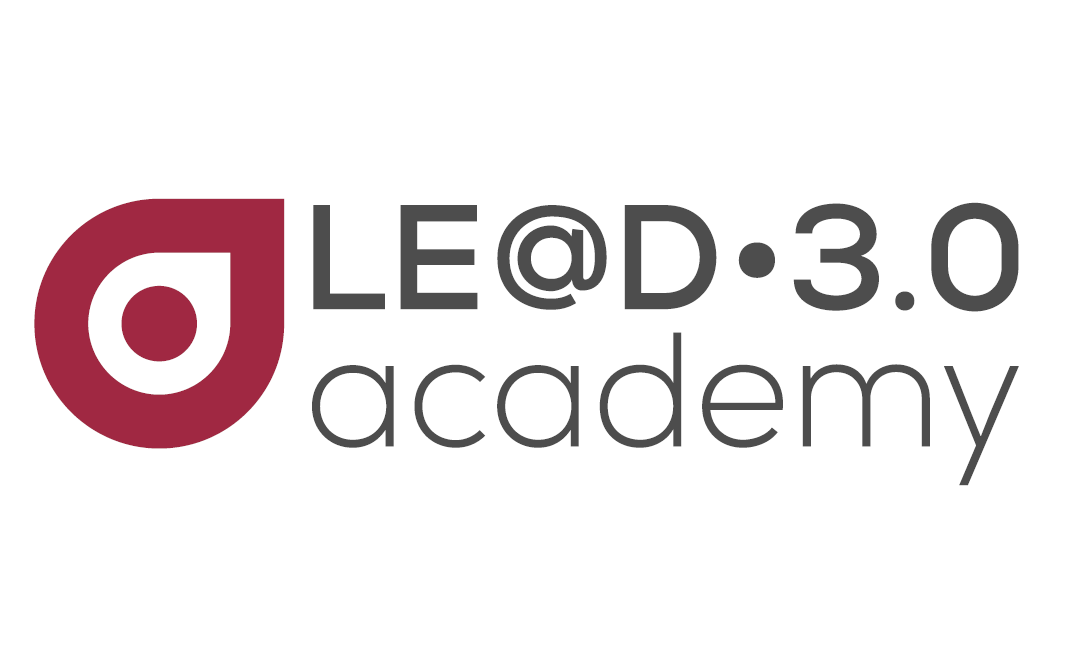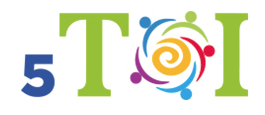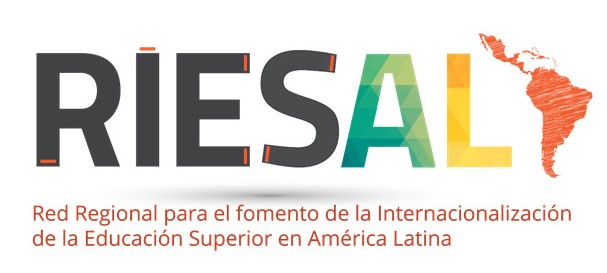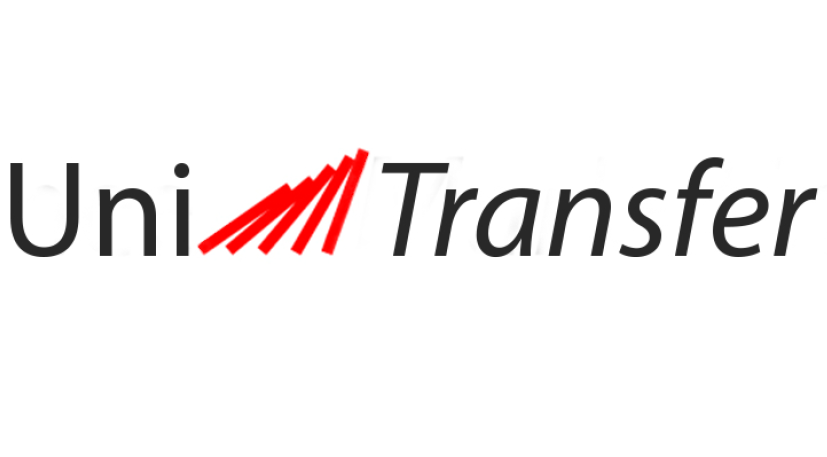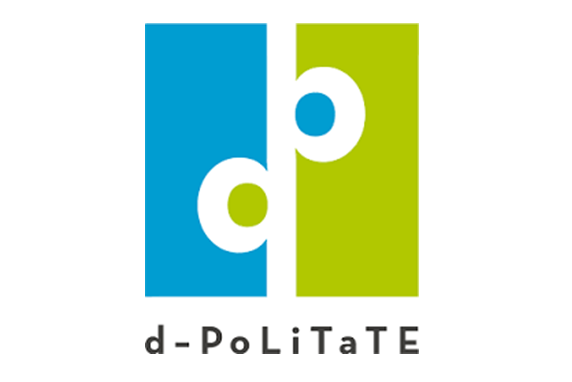
WeRin

Given that women represent about 60% of the higher education institutions graduates, their under-representation amongst start-ups is a clear challenge. Despite a rise in participation of female students in entrepreneurship education at higher education institutions (HEIs), they still lag behind compared to their male counterparts.

xRegions
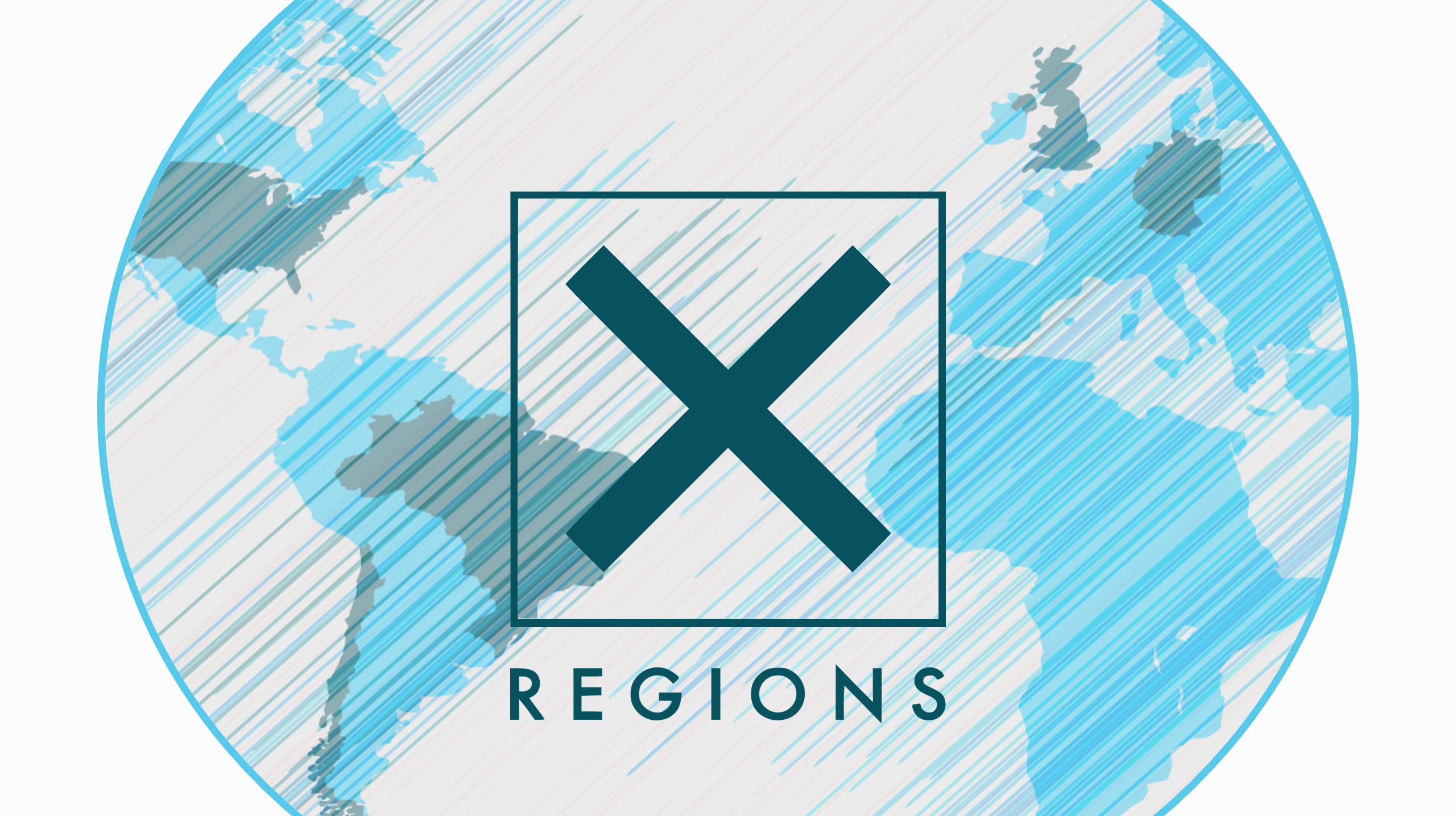
The potential of the long-standing university partnerships between FH Münster University of Applied Sciences and the consortium partners is to take place within the framework of the third mission. As a result, answers and ideas are sought and needed to shape regionally and internationally integrated innovation locations in the future.

RestART Europe

RestART Europe: Mentoring Second-chance Female Entrepreneurs to Restart the European Arts and Creative Sector

Blockchain for Agri-Food Educators
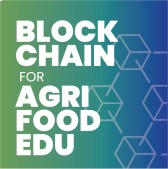

eWBL
eWBL (Work Based Learning) is an Erasmus + project that focuses on how work-based learning competences could be fostered in the absence of a physical environment. As the work environment is increasingly shifting to online and hybrid formats, ways of making work-based learning effective in this new environment has become an urgent need of educators across the EU. The project addresses this specific need by developing frameworks, tools, and guidelines that educators in HE (lecturers, trainers, and administrative staff) could use to deliver high-quality eWBL.

DigiTransformEdu
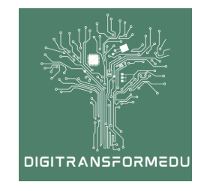
The DigiTransformEdu project aims to foster the digital transformation of HE and tertiary VET institutions. DigiTransformEdu will result in a comprehensive and complementary set of outcomes that cover the seven thematic elements of DigCompOrg (i.e., Leadership & Governance Practices: R1 & R3; Teaching & Learning Practices: R2, R4, R5 & R6; Professional Development: R5 & R6; Assessment Practices: R4; Content & Curricula: R4; Collaboration & Networking: R3, R6 & 4 ME; Infrastructure: R2, R3 & R4).

Managing Digital Transformation
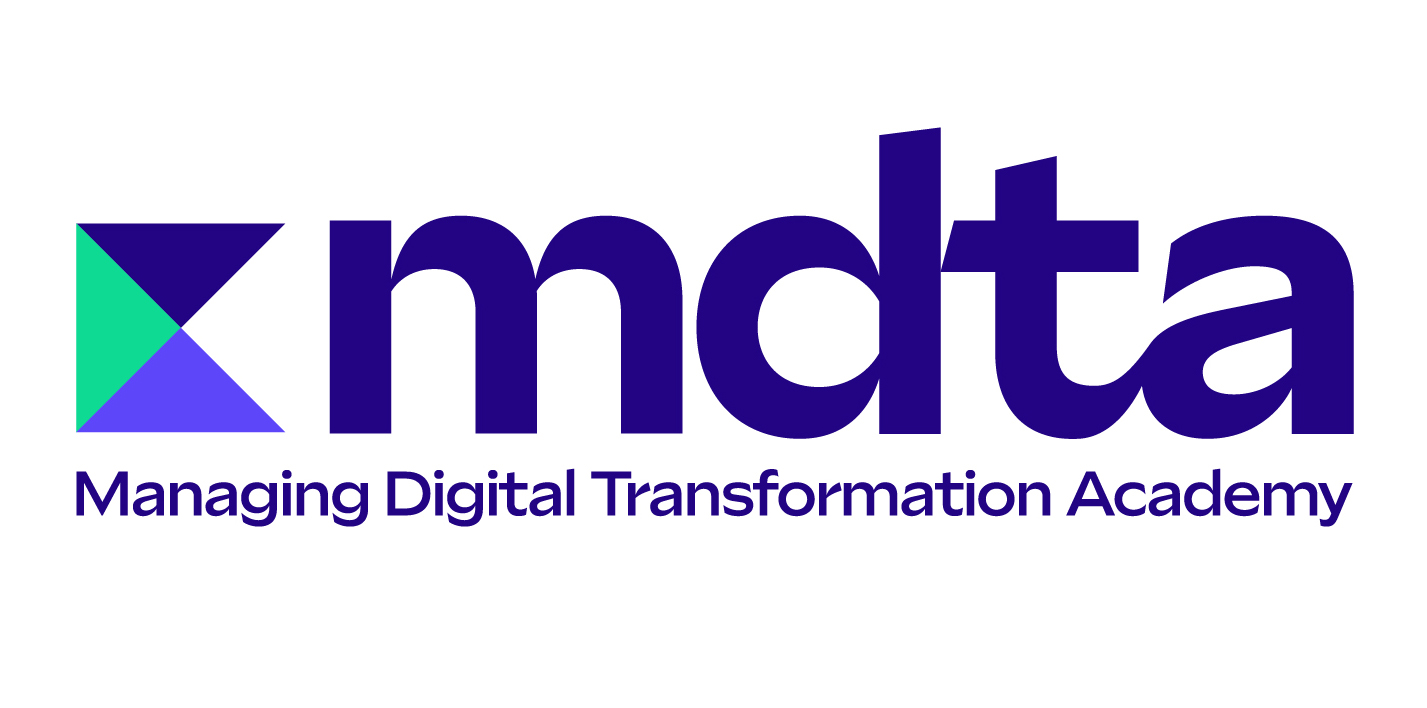
New and emerging digital disruptive technologies - such as Artificial Intelligence (AI), Social Media, Big Data, Smart Devices, Internet of Things (IoT) - create new business challenges and change the traditional value creation paradigm. Industry 4.0 presents organizations with challenging problems requiring new approaches and solutions. Digitalization opens new opportunities and intensifies and accelerates the rate of innovation. The need for professionals able to develop and implement strategies and tactics addressing the digital transformation by businesses, organizations and governments is high and urgent. Not just hard, digital skills, but also soft skills to guide organizations through the whole process of digital transformation. However, the shortage of staff with specialized and multidisciplinary skills and knowledge is the biggest barrier for organizations.

FABLE
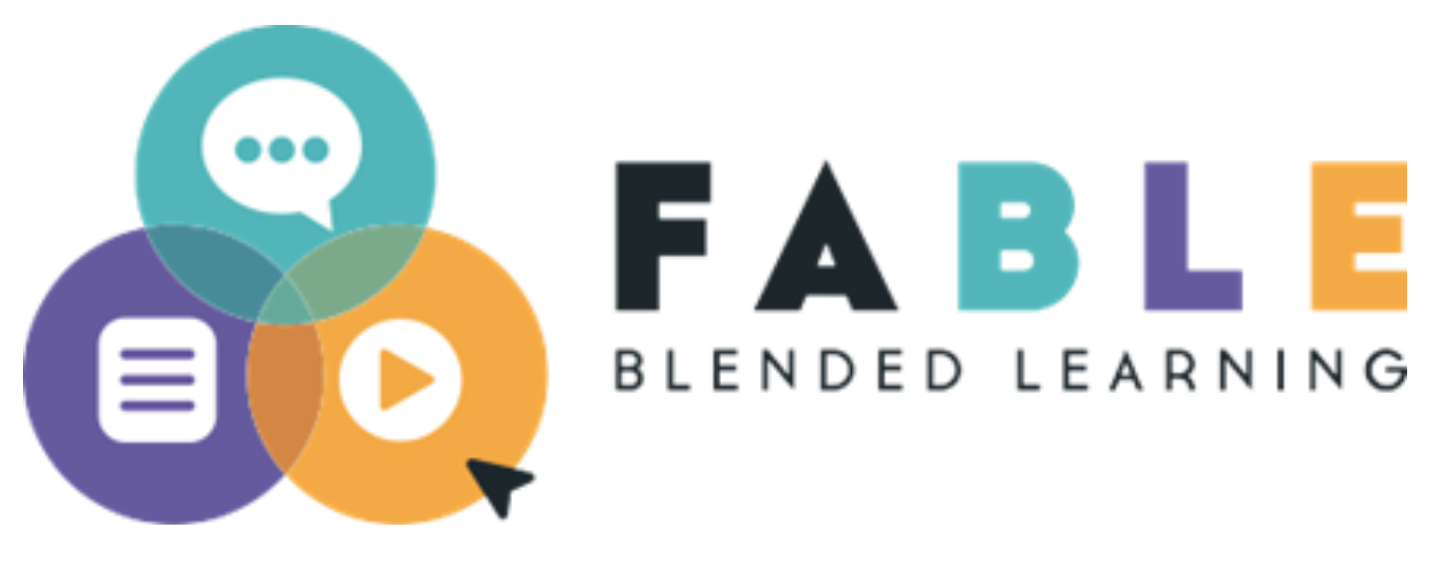
Training Faculty on Blended Learning

Boundary Spanners

After the launch of the Europe 2020 strategy and the EU Growth Agenda, Europe has taken the path to create a more connected relationship between society, government, business and higher education institutions (HEIs) in order to increase employment, productivity and social cohesion. However, despite the strong policy support, cooperation among the key actors in Europe is still in the early stages of development, and their interaction remains insufficient. In that, the recent reports by EU Smart Specialisation Platform and JRC particularly emphasize the need for "boundary spanners" in the innovation ecosystem, individuals who have deep understanding of both business and academia. This capacity is increasingly deemed crucial among the university staff in the entrepreneurial discovery and smart specialisation processes of the HEIs, to support transfer and exchange of knowledge. The nature of the barriers that hinder regional engagement include "lack of 'boundary spanning skills in the university" and "lack of leadership to drive change".

Digital Innovation
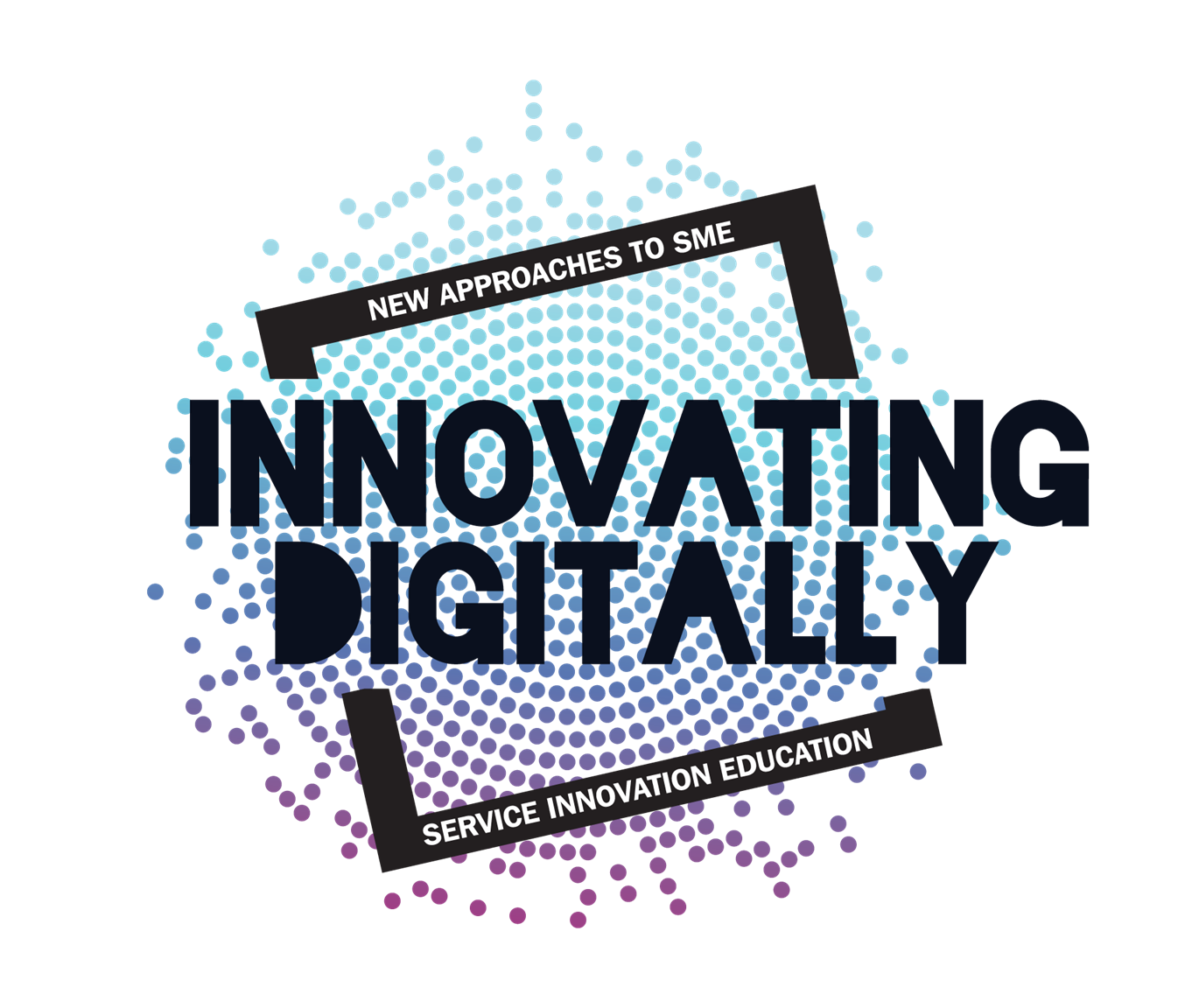
Nowadays, especially small companies are struggling to make use of their digital innovation capacity, in particular in terms of service offerings, although a wide range of possibilities are waiting for them. Based on this need for improvement, the Digital Innovation project has been developed by six European partners and accepted as Erasmus+ project.

Value & Future
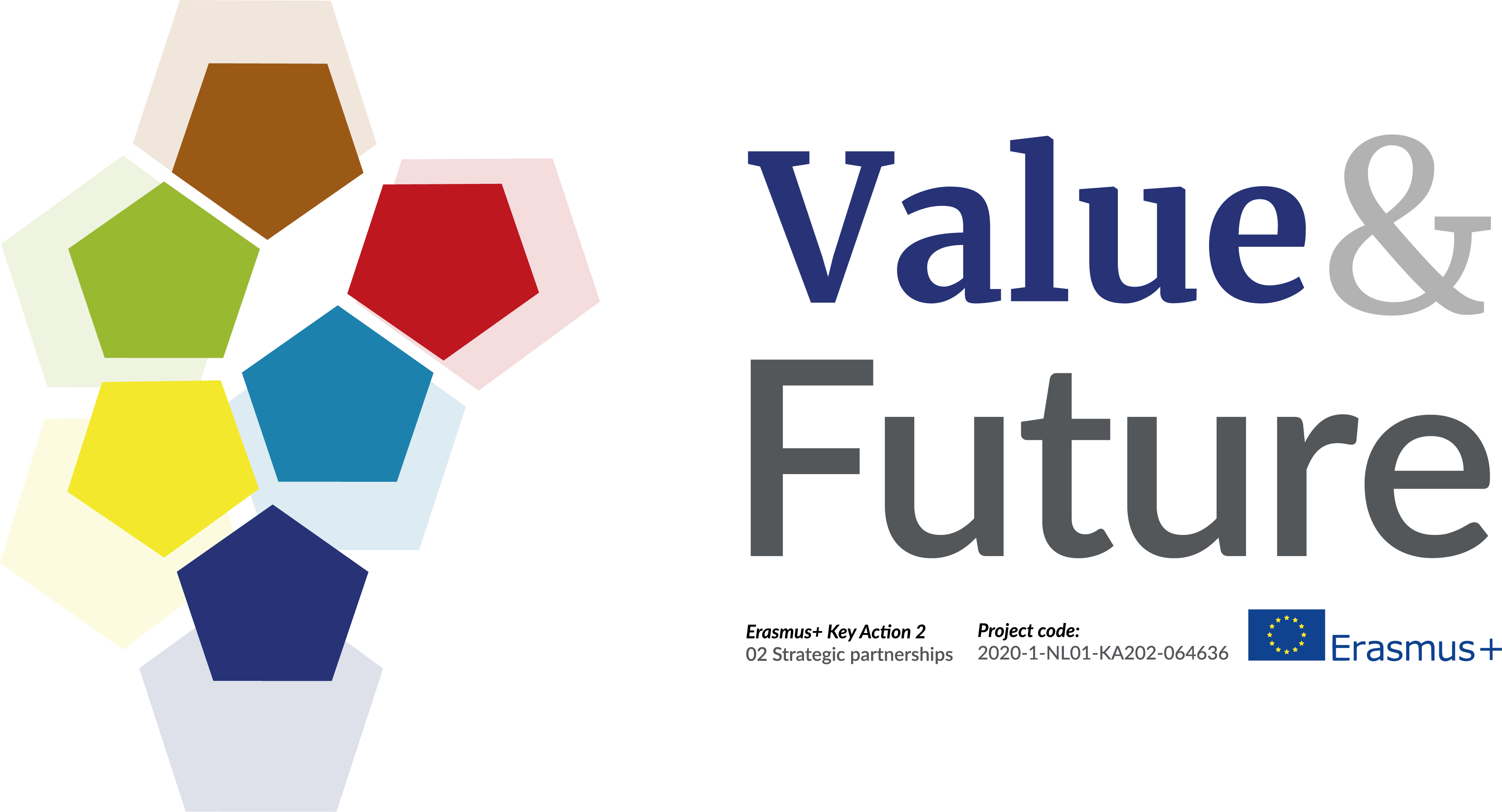
Sustainable, future proof entrepreneurship is based on ethics and values. This is the motto of project Value and Future, an innovative project that connects 6 partners in Europe with a common goal: to empower young people towards ethical entrepreneurship and leadership, inspired by role models.

ENHANCER

ENHANCER aims to contribute to the horizontal priorities "Addressing digital transformation through development of digital readiness, resilience and capacity"; sectoral priorities "Stimulating innovative learning and teaching practices" and "Rewarding excellence in learning, teaching, and skills development".
Our consortium aims to address the priorities above by developing tools in digital learning for teachers and students in European Higher Education Institutes (HEIs) to enable students to tackle societal challenges through social entrepreneurship. Realizing our aim will help students build the required and relevant skills and therefore reduce the mismatches on the labour market. It also enables students to contribute to an entrepreneurial society that is sustainable and inclusive.

Pioneering Innovative Food for Seniors (PIFS)
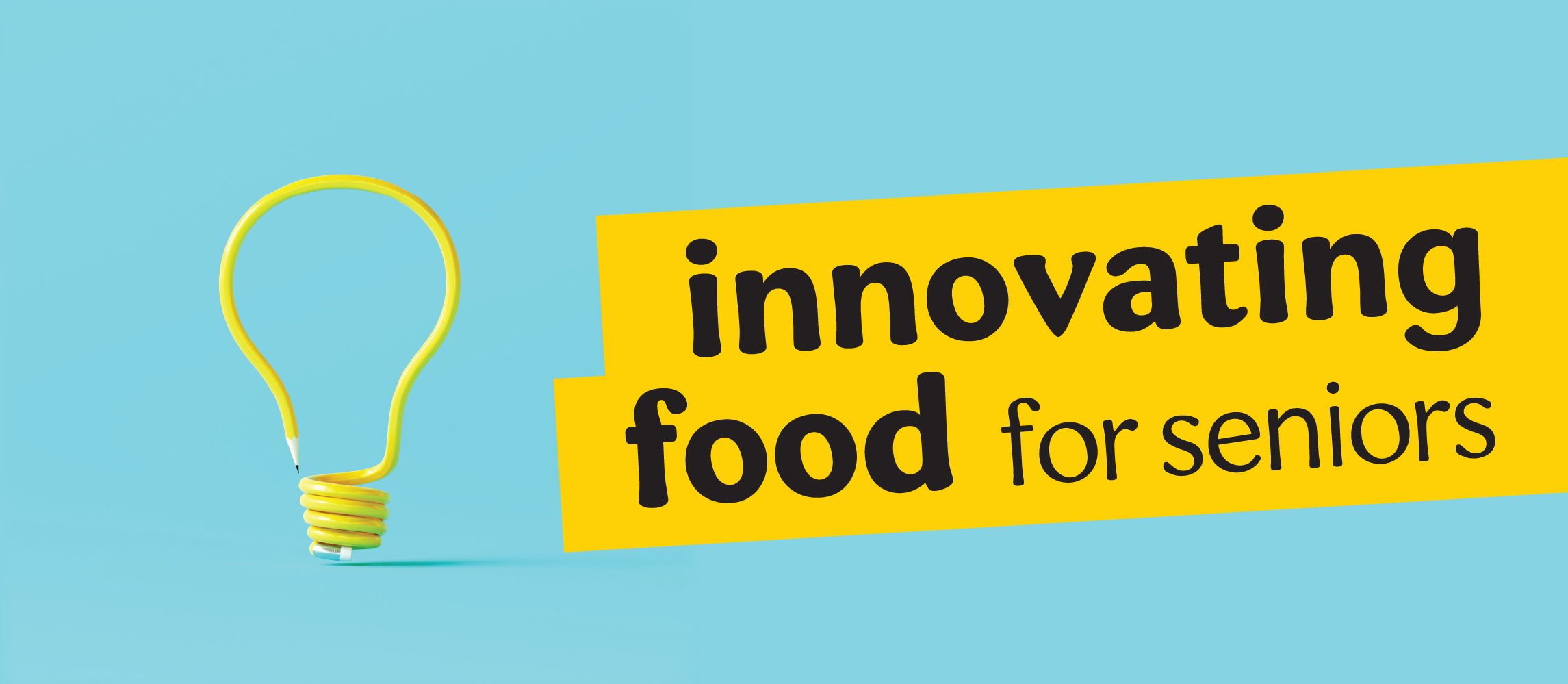
In response to the increasing demand for new food products and services within the Silver Economy, the Pioneering Innovative Food for Seniors (PIFS) is a transformative project that aims at creating a lasting impact for food businesses, particularly small and medium-sized enterprises (SMEs) and their employees, by introducing innovative methods to enhance companies' critical innovation and entrepreneurial skills. Our project targets food SMEs with up-to-date knowledge and innovation skills necessary to capitalize on this niche market opportunity, and the vocational education and training (VET) sector to help them grow their businesses and empower senior consumers with wider food choices.

EXIST Potentiale

We want to inspire, empower and support potential entrepreneurs - innovation-oriented, individualized and person-focused, interdisciplinary, cross-organizational and quality-based - and continuously develop our ecosystem further cooperatively.

How we are fuelling the Third Mission with gentle "nudging"
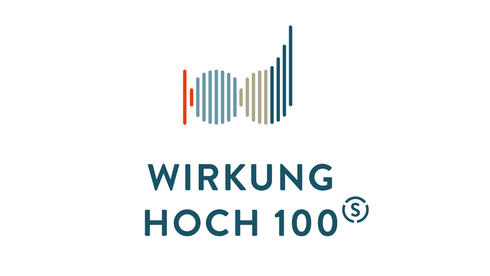
In the understanding that universities could have a larger impact on societal progress via their academics, we have developed nudges aiming to inspire academics to co-create with society. Nudges are subtle hints or cues to inspire behaviours.

Advancing Rural Development through Entrepreneurship Education for Adults (ARDENT)
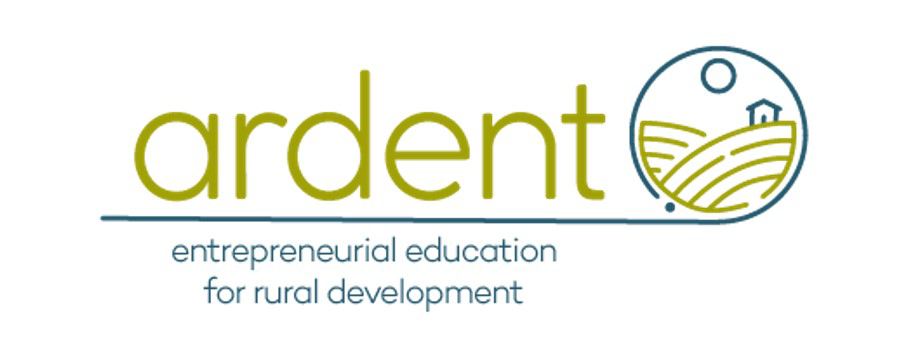
ARDENT project is targeted to adult learners in the rural communities (aged 25 and over) of various professional backgrounds possessing some formal education but currently unemployed. It aims at improving the transfer of competences from HEIs in the sense of lifelong further learning to the adult communities in rural areas, to seed in them the basis to become job creators and not job seekers. Through a Community-Based Learning (CBL) approach to entrepreneurial skills development among adult learners, ARDENT seeks to integrate them into a process where they need to generate creative solutions to real-life challenges of rural communities. In this way, the university is able to engage with the society and achieve synergies through lifelong learning in the form of entrepreneurship to promote rural development.

Quintuple Helix Approach to Targeted Open Innovation in Energy, Water, Agriculture in the South Mediterranean Neighborhood (5 TOI_EWAS
The 5TOI_4EWAS project backs a very inclusive innovation policy implementation path as well as the Horizon 2020 objectives for encouraging the research and innovation cooperation between the Union and Southern Mediterranean Neighbourhood (Topic: INT-02-2015). 5TOI_4EWAS proposes a radically new way to generate innovation in the South Mediterranean Neighborhood, based on the innovation ecosystem created by the Research 2 Innovation projects funded within the 7FP. Under the Quintuple helix model, involving the widest possible range of stakeholders, the project will focus on three key challenges - Food, Energy and Water through the Nexus approach - as these issues are obviously at the top of the Research and Innovation agenda in MPC countries.
The project will enhance and support regional smart specialization and development by increasing research capacity, effective mobility of young innovators/researchers and shared knowledge to improve their participation in the EU research area. It will contribute to the establishment of favourable and stable conditions for international cooperation and the set-up of a Common Knowledge and Innovation Space of specialization in the SMN for a real socio-economic impact, based on co-ownership and mutual benefits.

The State of University-Business Cooperation in Europe
The project has been conducted during 2016 and 2017 by a consortium led by the Science-to-Business Marketing Research Centre, Germany for the DG Education and Culture, European Commission. The aim of the project was to get a more profound, comprehensive and up to date understanding of the state of University-Business Cooperation (UBC) in Europe, from the perspective of both the higher education institutions (HEIs) and the business sector.

Global University Engagement Monitor (GUEM)
This major study is a global benchmarking initiative to establish a global monitor for State of University-Business Cooperation and University Engagement supported by the European Commission and involving the University of Adelaide, Science-to-Business Marketing Research Centre and University Industry Innovation Network. It includes the creation of national reports (one business and one higher education perspective) for 26 European countries as well as countries from the Middle East, Latin America, Asia, Africa and Australia. Together with the European study, GUEM is set to become the largest benchmarking initiative for University-Business Cooperation and University Engagement.

Integrating Entrepreneurship and Work Experience in Higher Education (WEXHE)

Red regional para el fomento de la Internacionalización de la Educación Superior en América Latina (RIESAL)


d-PoLiTaTE
d-PoLiTaTE - Development of a training programme for leaders in Technology Transfer (Desarollo de Programa para Líderes en Transferencia Tecnológica)
The main topics of the project were to develop a program for research transfer managers throughout Latin America and the European units, to stimulate learning processes and to deepen mutual relations. This includes, above all, the analysis of the research transfer processes of the participating institutions and their specific experiences and knowledge of the regions. Proven strategies and activities should be documented and thus the training of specialists in research transfer should be supported. The findings and results of the projects have been documented in a joint publication in order to ensure the continuation and lasting impact of the project.

Le@d3.0 Academy
